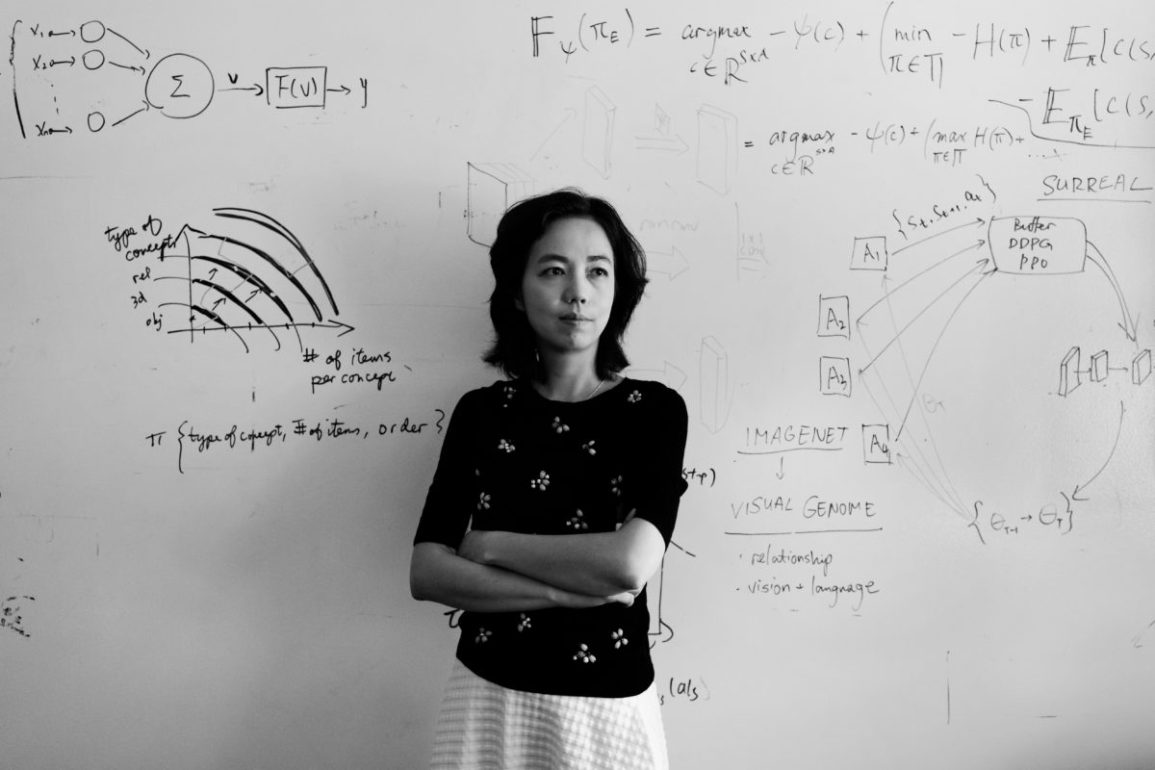Fei-Fei Li, the renowned computer scientist often referred to as the “godmother of AI,” has launched a startup called World Labs. Within just four months, the company has achieved a valuation of over $1 billion, as reported by the Financial Times.
World Labs aims to leverage human-like processing of visual data to enable AI to perform advanced reasoning, similar to the goals of generative AI models like ChatGPT. This research is still in progress, according to Reuters.
Li is celebrated for her pioneering work in computer vision, a field of AI focused on enabling machines to interpret and understand visual information. She led the development of ImageNet, a comprehensive visual database essential for visual object recognition research. Li also headed AI at Google Cloud from 2017 to 2018 and currently serves as an advisor to the White House task force on AI.
An anonymous venture capitalist familiar with Li’s work told the Financial Times,
[World Labs] is developing a model that understands the three-dimensional physical world; essentially the dimensions of objects, where things are and what they do.”
The startup has completed two funding rounds, with the most recent raising approximately $100 million. World Labs is backed by prominent investors, including Andreessen Horowitz and the AI-focused fund Radical Ventures, where Li became a partner last year. Li founded World Labs while on partial leave from Stanford University, where she co-directs the Human-Centered AI Institute.
In an April TED Talk, Li elaborated on the research focus of her startup. World Labs is working on developing algorithms that can extrapolate images and text into realistic three-dimensional environments and act on those predictions using a concept known as “spatial intelligence.” This technology could enhance various fields, including robotics, augmented reality, virtual reality, and computer vision. If successful, it has the potential to revolutionize industries such as healthcare and manufacturing.
The significant investment in World Labs highlights a trend among venture capitalists to support ambitious AI companies, driven by the unexpected success of OpenAI’s ChatGPT, which quickly reached a valuation exceeding $80 billion.









